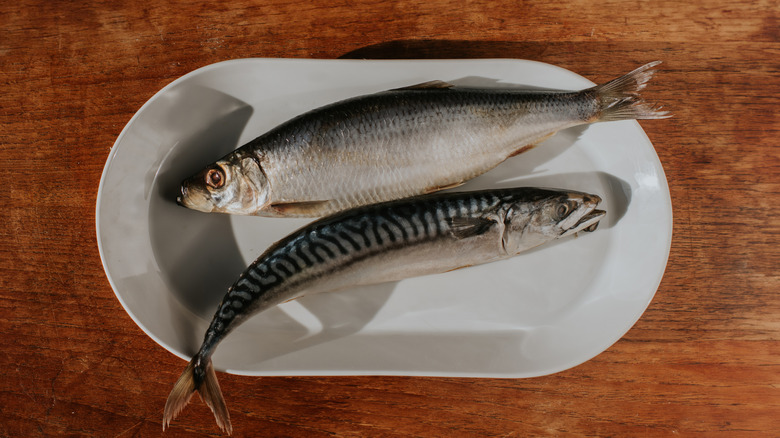Is Fish Really Considered Meat?
Is fish really considered meat? It may sound like an absurd question, or a perfectly fine and poignant one, depending on which camp you fall into. If you belong to the former, then your eyebrow might be raised, and you may find yourself unwittingly embroiled in a debate that you didn't even know was worth having.
The answer to this question truly hinges on context. If we're talking about a textbook dictionary definition then meat refers to the flesh of an animal that you're going to use for food. That means fish meets the criteria to be called meat.
Beyond this, cultural, religious, and culinary traditions also have varying perspectives on whether fish should be classified as meat. There are also dietary factors that group fish together with other animal proteins, but note its unique qualities and health benefits that set it apart from the rest. Who knew that we would need to summon pundits and meat connoisseurs to settle whether or not fish is meat? But, here we are, so let's examine how different worldviews influence the classification of fish and why it holds a special place in many cuisines and traditions.
Cultural and religious perspectives on fish as meat
The idea that fish differs from other meats typically originates in religious dietary practices. Within Christendom, particularly Catholicism, fish is allowed to be eaten during Lent — a strict period of fasting and abstinence that forbids participants from eating meat. This tradition can be traced back centuries to when meat from land animals was considered indulgent and luxurious, and fish was viewed as simpler, more humble food.
Judaism has a different perspective altogether where fish is concerned. Fish is seen as separate from meat according to kosher dietary laws. Per these laws, meat and fish are never mixed in the same dish or served together. Eating fish doesn't require the same preparation or rituals as meat, further reinforcing its unique status in Judaism.
Meanwhile, other cultures don't draw these hard distinctions. In much of Southeast Asia, for example, fish is a go-to source of protein and is considered meat, with no special categorization involved. These cultural and religious nuances highlight how fish can be viewed as meat or as something entirely different, depending on the lens through which it's seen.
Nutritional and culinary distinctions between fish and meat
From a nutritional standpoint, fish checks all the boxes of being meat — it's packed with protein, vitamins, and essential nutrients. But, there are a few important factors that set fish apart. Fish is leaner than most red meats and contains heart-healthy omega-3 fatty acids, which are less common in meat from land animals. Fish, therefore, is a great choice for those seeking lighter, healthier meals that still pack a protein punch.
If you're looking at fish from a culinary perspective, it's treated quite differently from meat. Its delicate flavor and quick cooking time make it versatile in ways that heavier meats like beef or pork are not. Chefs all around the world use fish in many different ways from raw sashimi to hearty fish stews, showcasing the ingredient's adaptability across different cuisines and cooking styles.
Whether or not you consider fish meat, it's undeniably a unique food that plays a vital role in diets worldwide. Its distinct nutritional profile and culinary versatility are just a few reasons why fish deserves its place on your plate — regardless of what you choose to call it.


